The seller calls it 'bellissimo'. 'Me ne frego' was the title of one of the most famous songs of the Fascist era. Its original version, dating around 1920, hails D'Annunzio and Mussolini as the fathers of the fascist movement, recycling the old war song of the arditi as the third stanza. Me ne frego I don't care. me ne frego I don.. Me ne frego! Mussolini Il Fascismo E La Lingua Italiana! 1080hdStoria del fascismo.Il documentario, realizzato con i materiali dell'Archivio Luce, narra un'a.

Me ne frego! YouTube

Me Ne Frego Tเสื้อMe Ne FregoอิตาลีIl Duce Mussoliniเสื้อยืด AliExpress

"Me Ne Frego Benito Mussolini 60" Poster by Redbubble
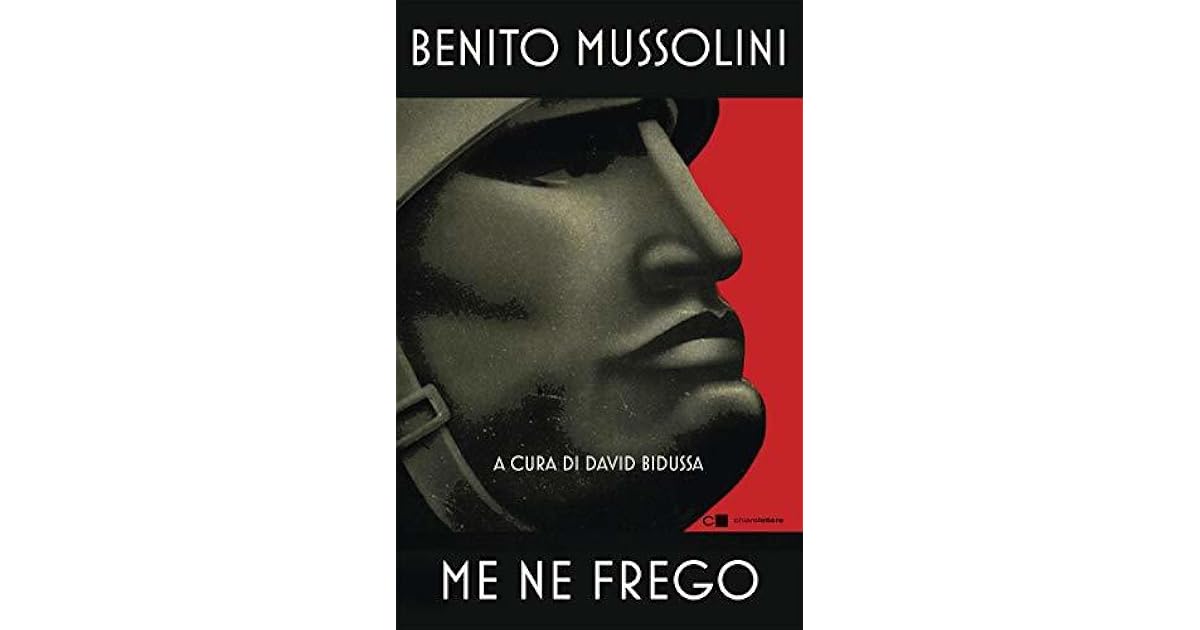
Me ne frego by Benito Mussolini

Me ne frego benito mussolini? Dictators
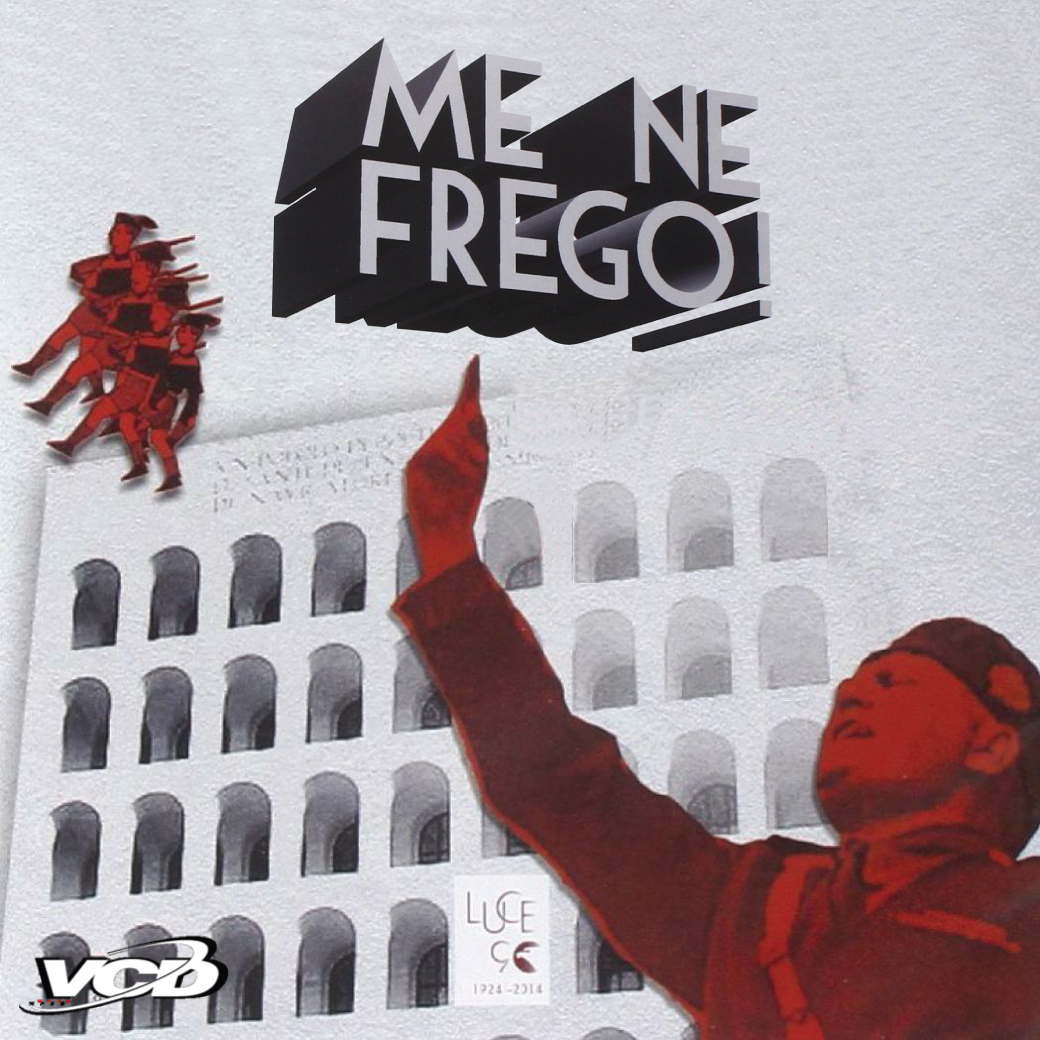
Il 30 marzo al Teatro Argentina proiezione del documentario “Me ne frego! Il fascismo e la
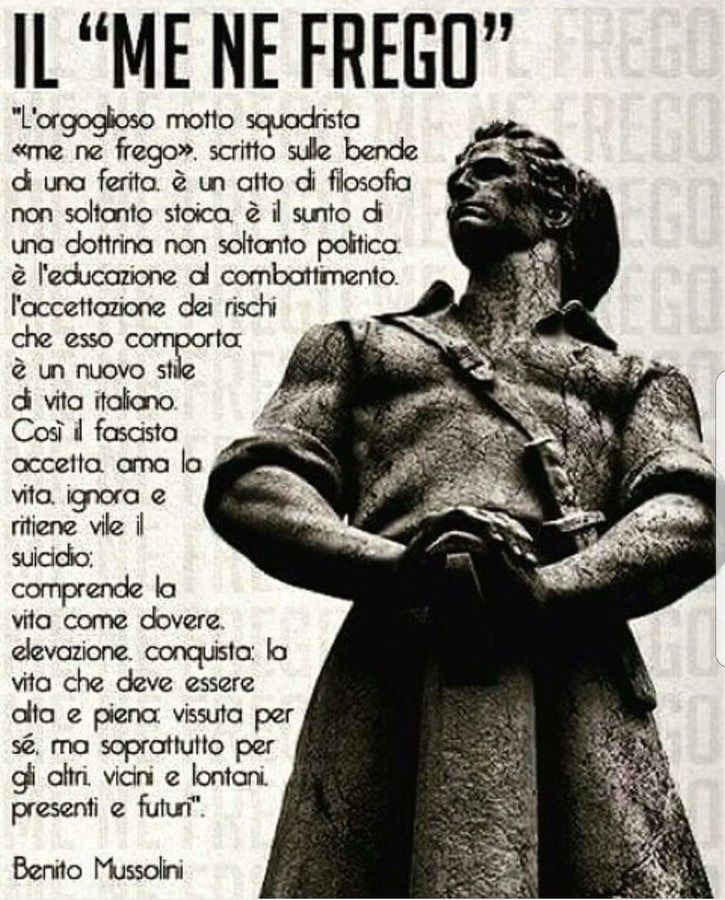
Yukio Mishima y «El juego del calamar» Web oficial España 2000
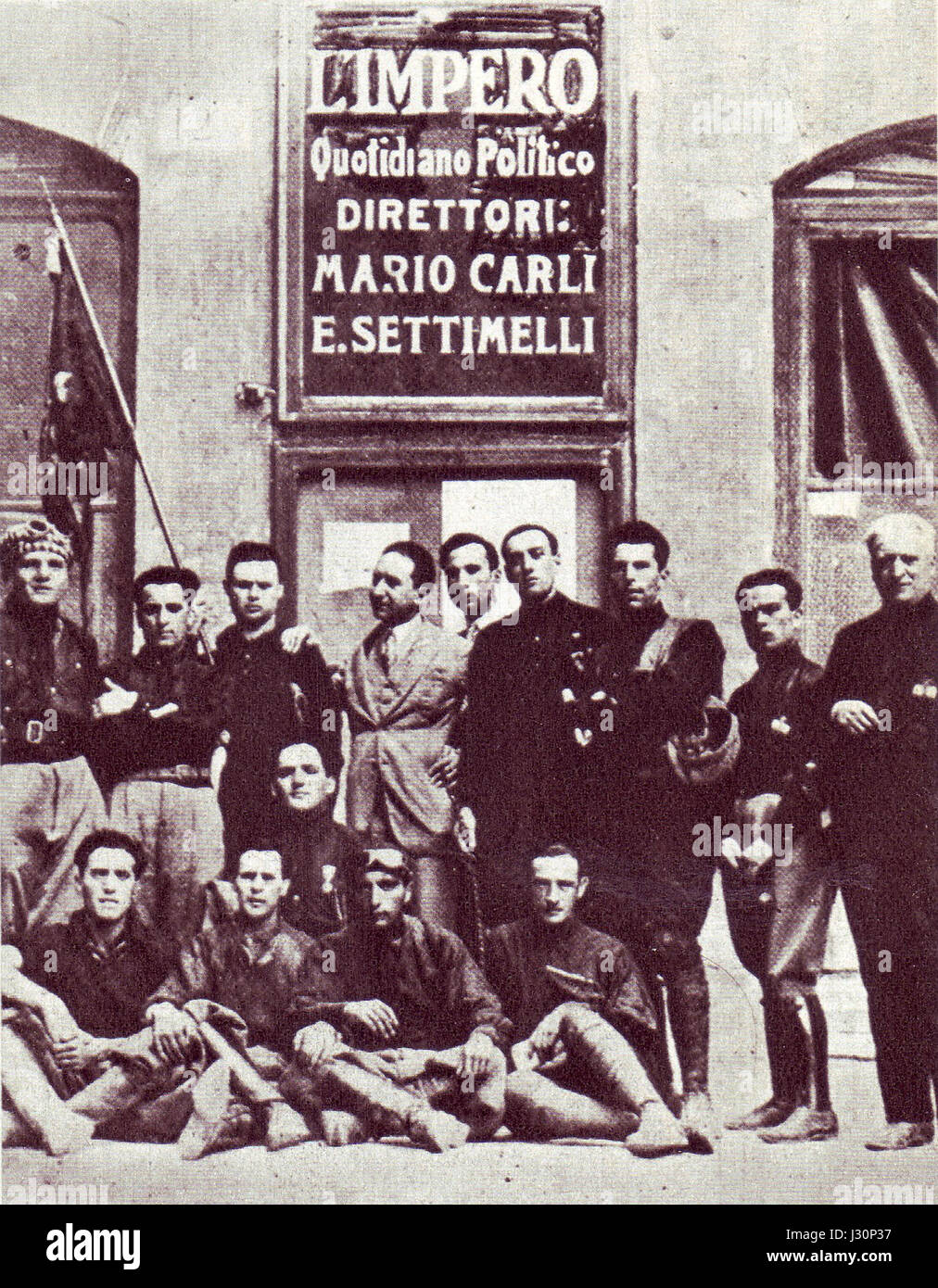
Mario Carli (abito chiaro) al quotidiano L'Impero e la squadra d'azione Me ne frego di Bologna
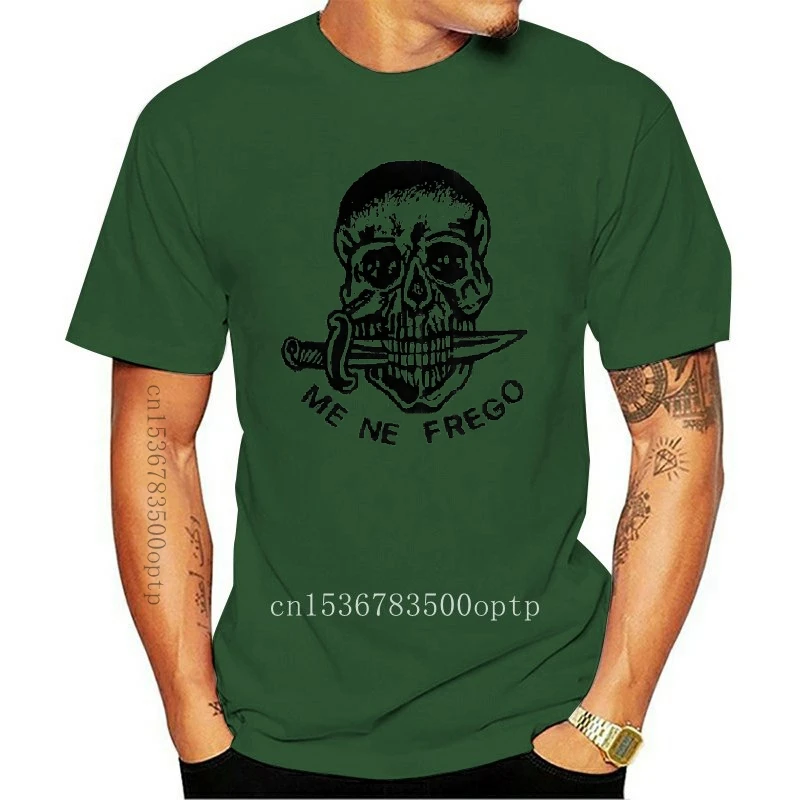
New Me Ne Frego T shirt me ne frego italy il duce mussolini AliExpress

"Me Ne Frego" by quonset Redbubble

Me ne frego! Il fascismo e la lingua italiana (TV Movie 2014) IMDb
Me Ne Frego Benito Mussolini Me Ne Frego Posters and Art Prints TeePublic

BENITO MUSSOLINI ME NE FREGO (A CURA DI DAVID BIDUSSA) Blog di Stefano Fiorucci

"Me Ne Frego Benito Mussolini 60" Poster by Redbubble

Me Ne Frego Benito Mussolini Me Ne Frego Sticker TeePublic

Me ne frego Benito Mussolini Libro Libraccio.it

ME NE FREGO Mussolini Shop
Me Ne Frego Mussolini Sticker TeePublic

Kriegsmarine Distintivo "Me ne Frego"

Me ne Frego!, come il fascismo tentò di cambiare la lingua italiana Tvzap
He had "me ne frego" ("I don't care" - the slogan used by Mussolini's troops) tattooed diagonally across the left side of his neck. Iannone was famous in fascist circles as the lead.. It was an expression of courage and bravado, not carelessness: "we might die tomorrow, but me ne frego." After the war, it continued to be used by Mussolini's squadristi (strike busters) and after he came to power it became the motto of the Black Shirts. This song from 1920 may shed some light on the rhetorical gist of the catch phrase: https.